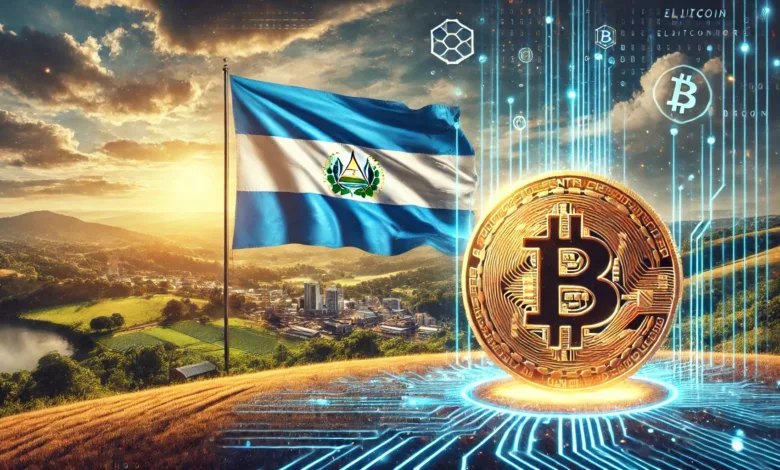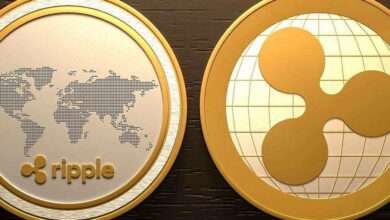
Three years ago, on September 7, 2021, El Salvador made headlines worldwide when President Nayib Bukele announced the adoption of Bitcoin as legal tender. This groundbreaking move marked the first time a country officially recognized Bitcoin alongside its traditional currency. Not only did El Salvador start using Bitcoin for transactions, but it also began accumulating Bitcoin in its national reserves. As we mark three years since this bold decision, it’s time to evaluate its progress and long-term implications.
El Salvador’s Bitcoin Holdings
El Salvador’s initial foray into Bitcoin began on September 6, 2021, when President Bukele announced the purchase of 400 BTC at an average price of $46,811, totaling approximately $18.724 million. This marked the beginning of a series of Bitcoin acquisitions aimed at bolstering the country’s digital asset reserves.
Over the subsequent year, El Salvador continued to expand its Bitcoin holdings significantly. Within a year of its first purchase, the nation’s Bitcoin treasury surpassed 2,300 BTC. The country did not stop there, continuing to make strategic Bitcoin purchases.
As of now, El Salvador holds a total of 5,867 BTC. According to the Nayib Tracker website, the average acquisition cost of this Bitcoin stash is $43,884. With the current Bitcoin price hovering above $55,000, the country has realized substantial profits from its investments. The data indicates that El Salvador’s Bitcoin holdings have generated a profit of $34.55 million, reflecting a 25.88% gain over the past three years.
This accumulation has positioned El Salvador as the third-largest government holder of Bitcoin globally. It trails only the United States, with 203,238.74 BTC, and the United Kingdom, with 61,245.01 BTC, according to data from Arkham Intelligence.
El Salvador Not Relenting
Despite achieving notable profits, President Nayib Bukele has made it clear that El Salvador has no intentions of liquidating its Bitcoin holdings. He emphasizes viewing Bitcoin on a one-to-one scale, where 1 BTC is always equivalent to 1 BTC, irrespective of its dollar value. This approach underscores the country’s commitment to Bitcoin as a long-term asset rather than a short-term speculative investment.
Regarding the adoption of Bitcoin as legal tender, President Bukele has assured that residents are not compelled to use the cryptocurrency. El Salvador continues to operate with two legal tenders: the US dollar and Bitcoin. Residents have the freedom to choose whichever currency is more convenient for their transactions.
El Salvador’s dedication to its Bitcoin mission is evident in its efforts to promote transparency and accessibility. The country has launched its own BTC monitoring website, enabling users to track various Bitcoin metrics and the country’s Bitcoin holdings.
As Bitcoin’s price remains stable above $55,000, El Salvador’s bold experiment with cryptocurrency continues to be a subject of global interest and scrutiny. While the future is uncertain, the country’s unwavering commitment to Bitcoin is a testament to its belief in the potential of digital currencies to reshape national economies.







